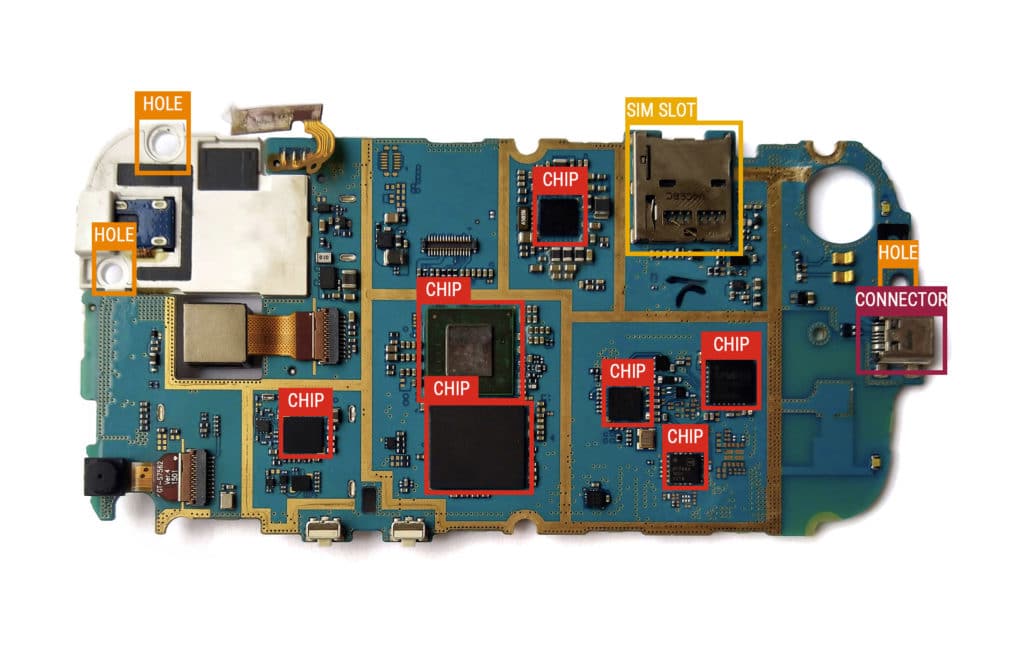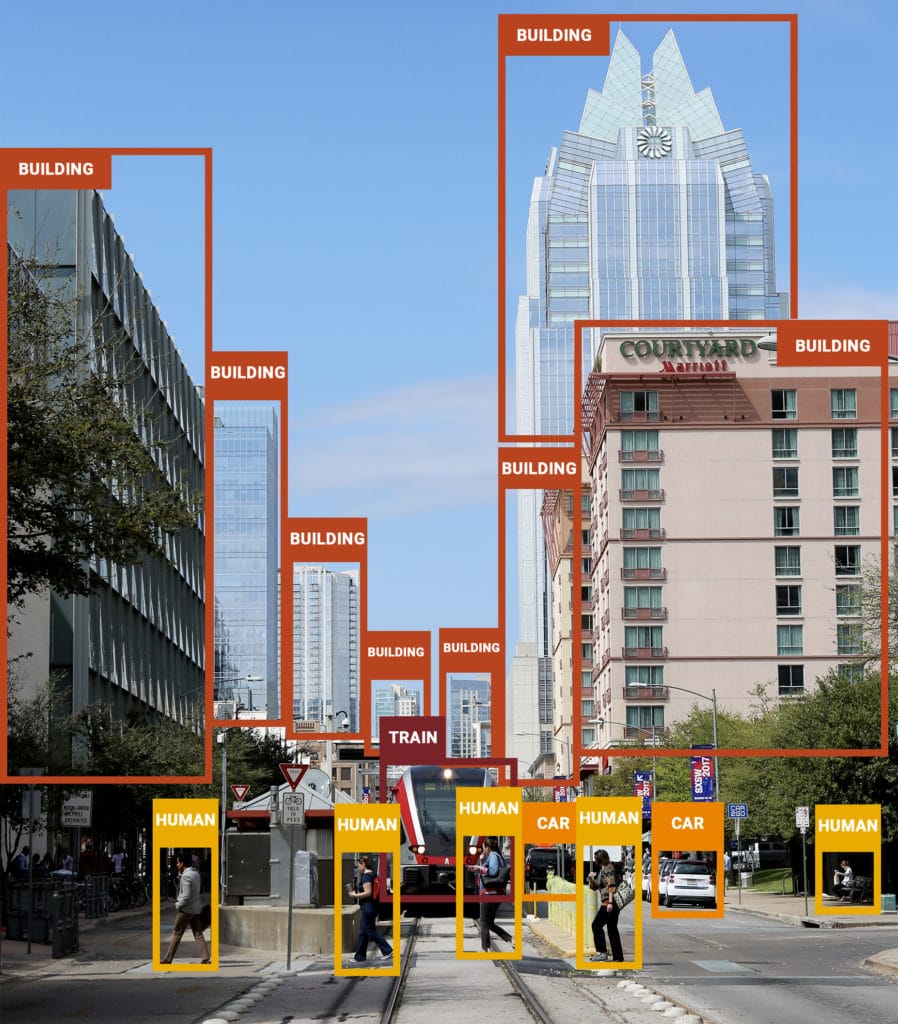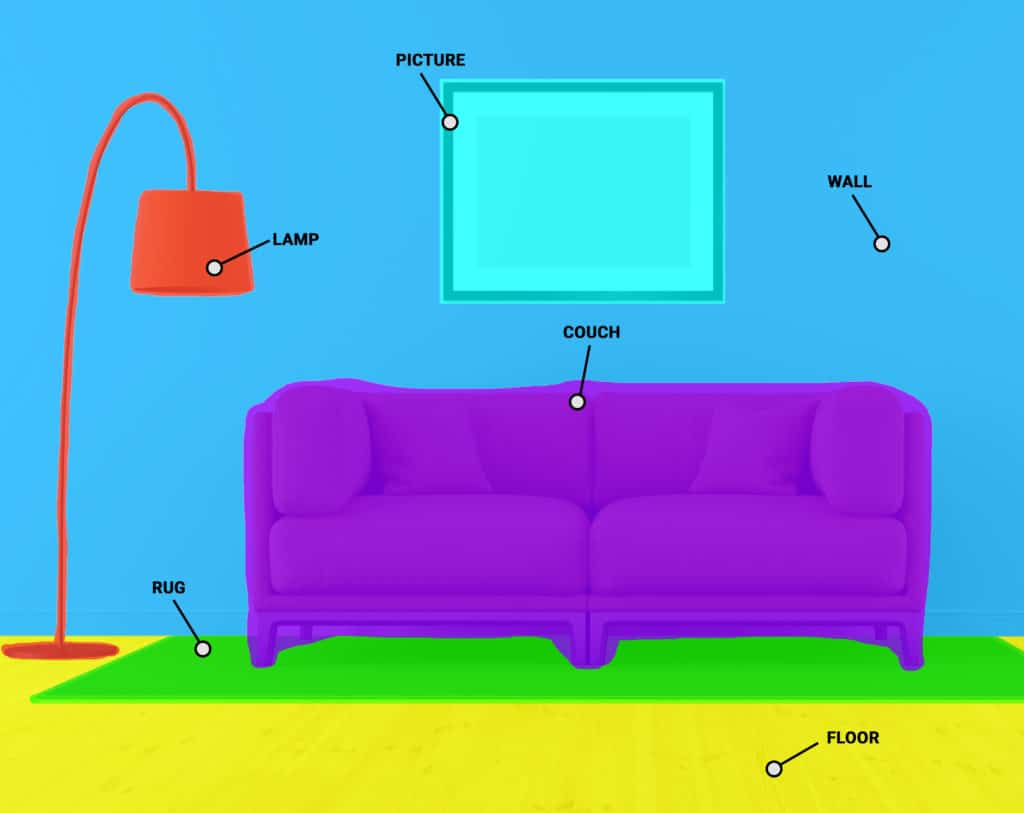VM1076 Key Card
Overview
The VM1076 key card enables high-performance, yet power-efficient AI inference for edge devices and edge servers. The M.2 card’s compact form-factor and popularity makes integration into many different systems a straightforward task. The VM1076 is designed with the M1076 Volga AMP™ which is arranged in an array of AMP tiles each featuring a Volga Analog Compute Engine (Volga ACE™). The VM1076 is ideal for processing deep neural network (DNN) models in a variety of applications, including video surveillance, industrial machine vision, drone, AR/VR, and edge servers.

Features
- M1076 Volga AMP™ with support for up to 80M weights on-chip
- No external DRAM required
- SMBus for EEPROM and PMIC access
- Pre-qualified networks including object detectors, classifiers, pose estimators, with more being added
- OS Support: Ubuntu, NVIDIA L4T, and Windows (future release)
- Model parameters stored and matrix operations executed on-chip by AMP tiles
- 4-lane PCIe 2.1 for up to 2GB/s bandwidth
- Support for standard frameworks, including PyTorch, TensorFlow 2.0, and Caffe
- Small 22mm x 80mm form factor
Workflow
DNN models developed in standard frameworks such as Pytorch, Caffe, and TensorFlow are implemented and deployed on the Volga Analog Matrix Processor (Volga AMPTM) using Volga’s AI software workflow. Models are optimized, quantized from FP32 to INT8, and then retrained for the Volga Analog Compute Engine (Volga ACETM) prior to being processed through Volga’s powerful graph compiler. Resultant binaries and model weights are then programmed into the Volga AMP for inference. Pre-qualified models are also available for developers to quickly evaluate the Volga AMP solution.
DNN Model Library
Volga provides a library of pre-qualified DNN models for the most popular AI use cases. The DNN models have been optimized to take advantage of the high-performance and low-power capabilities of the Volga Analog Matrix Processor (Volga AMPTM). Developers can focus on model performance and end-application integration instead of the time-consuming model development and training process. Available pre-qualified DNN models include:





